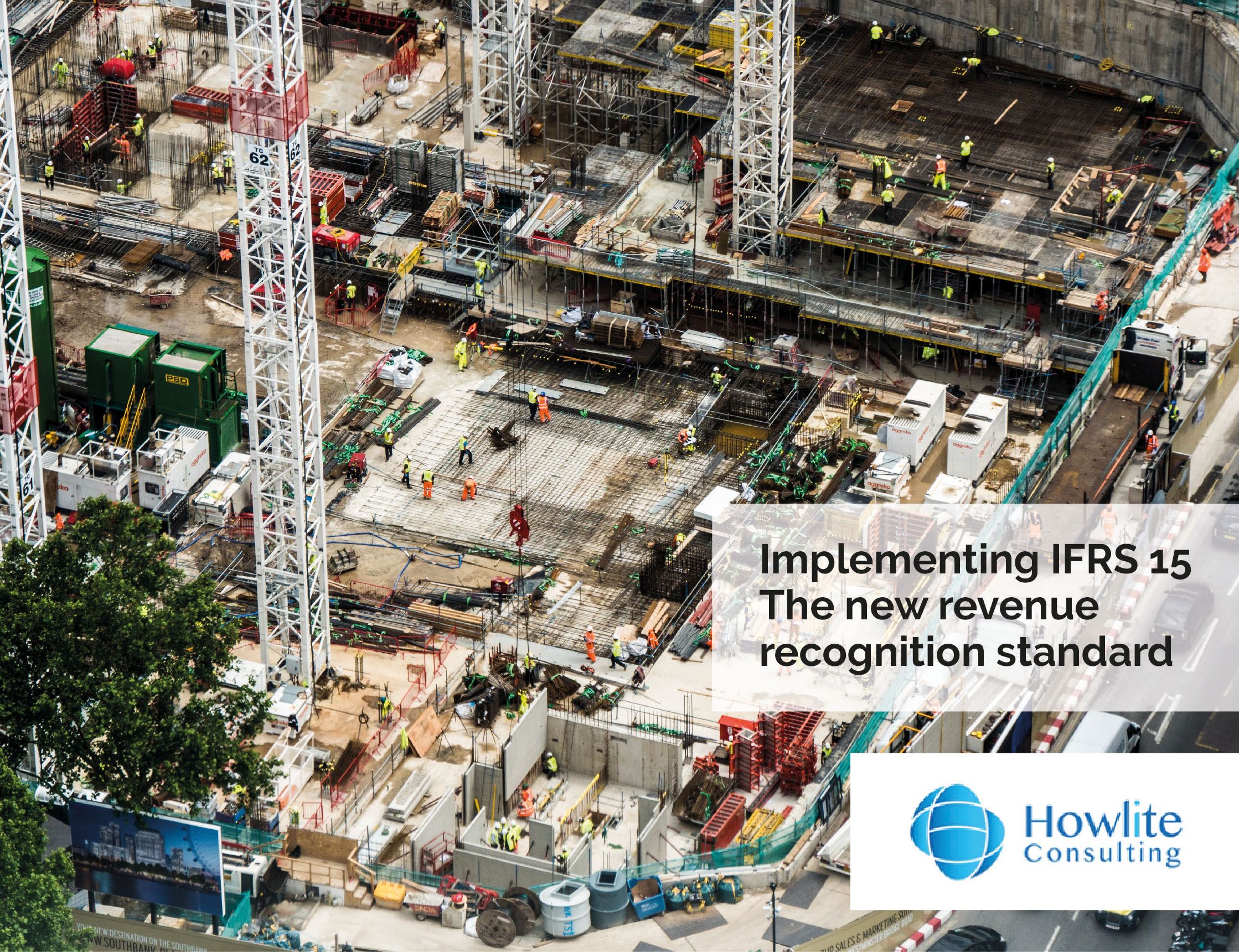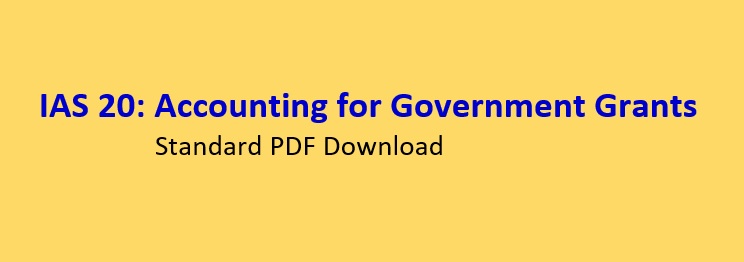COVID-19 Impact on IFRS 9 Expected Credit Losses
Existing ECL models use historic credit data to derive links between changes in economic conditions and customer behaviour, and other ECL parameters such as loss rates, probabilities of default and loss given default etc. COVID-19 conditions have significantly impaired these historic data tools such that businesses need to revisit their ECL models to make appropriate updates.







